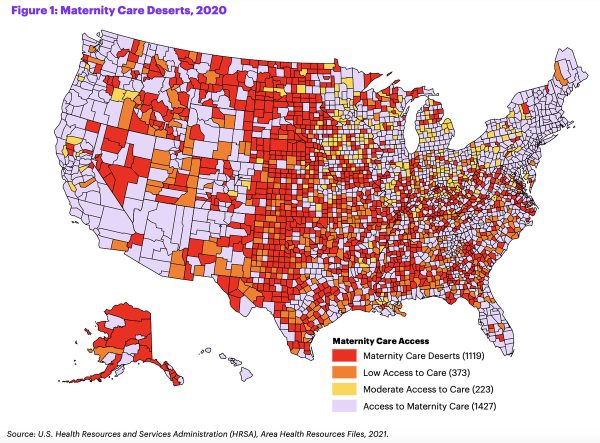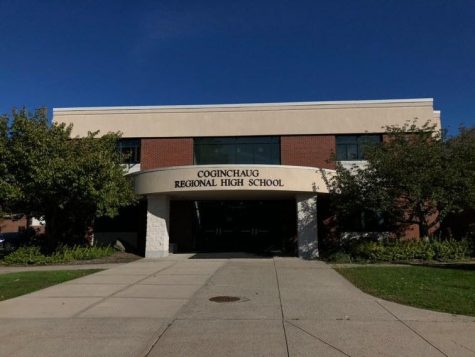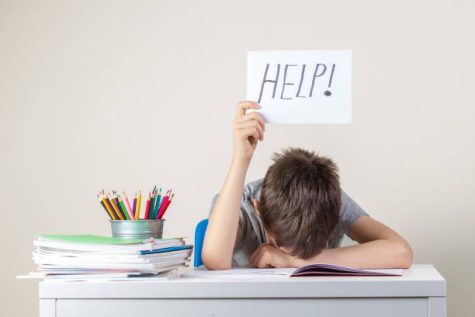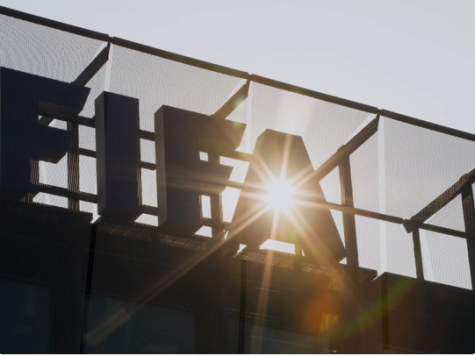Want Equality? Support Giving the Jewish High Holy Days Off
As RSD13 and the greater community strive for diversity, it’s time we give these holy days off.
The Jewish High Holidays take place in the early fall, towards the beginning of every school year. The first, Rosh HaShanah, is a celebration of the New Year. Yom Kippur, which comes ten days after Rosh HaShanah, is a holiday where people look back at the past year and figure out what they can do better in the new year, traditionally also including refraining from eating or drinking from sundown to sundown. Many school districts in the area, including Madison, Guilford, and Haddam-Killingworth give these two days off. Regional School District 13 however, does not. This needs to change.
Jewish highschool students often have to choose between observing their religion and going to school so that they don’t risk missing vital classes. Every year, Jewish students have to go through the process of telling their teachers that they are not going to be in school on Rosh HaShanah and/or Yom Kippur, and that they will need their work ahead of time or to reschedule potential assessments. This can result in them missing important lessons, having worksheets to do without the lesson on how to do them, and having to take quizzes and tests before or after the rest of the students in their class, which is not good for the learning experience. As said by Ava Hinz in regards to her highschool experience in JWeekly : “This past October, rather than celebrating the two most holy holidays in my religion, I attended my high school classes to avoid falling behind. This is a decision I should not have to make.” Also in conflict are activities, including sports and rehearsals for events such as the Durham Fair. With the beginning of the fall sports season, Jewish student athletes have to deal with connecting to their faith and their success on the athletic fields. Jenna DePonte, a Junior soccer player, said, “I can’t even fast on Yom Kippur since I have a game that day.” The soccer team also had a scrimmage on Rosh HaShanah.
In addition, giving students the High Holidays off would be a huge step in making the district a more welcome environment for Jewish students. It can be difficult being a Jew in a predominantly Christian school since many people don’t know much about Judaism and even more seem to forget that there are Jewish people who go to this school. As a Jew, I always get extremely excited when we get to sing a Hanukkah song at a winter concert or if I see that someone put up a menorah in a window, since these things rarely happen. If school didn’t happen on the High Holidays, it would make students who observe the holidays feel seen and welcome.
Some may argue that this is more of a logistical problem, and that if we had these two days off then we’d have to go two more days into the summer. First, two days is not a lot. This wouldn’t make that much of a difference. Second, it would be just as easy to have school on Columbus Day and use that day to learn about indigenous people to compensate for having Rosh HaShanah and Yom Kippur off.
In conclusion, District 13 should give students Rosh HaShanah and Yom Kippur off so that students don’t have to choose between their religion and their success in academics and athletics, and to make the district a more welcoming place for students of the Jewish faith. As RSD13 and the greater Durham and Middlefield community push for more equality and acceptance in diversity, doing this would allow their inclusivity efforts to continue.





